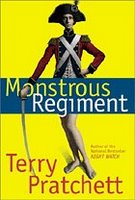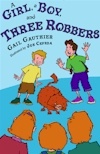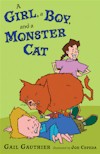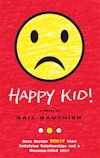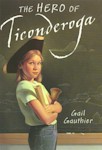Thoughts Provoked By Another's Blog
In his post Going down a dark hall at Read Roger, Roger Sutton asks "Is Du Maurier still doing things for teens?" (As in Daphne.) I asked a similar question back in April. Neither one of us got a big response.
Roger talked about reading more than one Du Maurier book in his earlier days, as did I. That little stroll down memory lane, combined with the responses of a couple of his commenters, got me thinking about the way I used to read book after book by the same author when I was young. Certainly nowadays you hear about kids reading every book in a particular series by one author or another. But how about going through all the work of a nonseries writer?
One commenter talked about reading Victoria Holt as a substitute for Du Maurier because she didn't know there were other Du Maurier books she could read. The idea that a reader can be so interested in a writer that she needs to find a substitute when no more of the original author's works are to be found is very intriguing. (That's not the word I'm looking for, but the only word I found.) Another commenter said she read Du Maurier's Rebecca when she was in high school because it was on a reading list. That made me wonder if reading lists encourage the same kind of faithfulness to an author that stumbling upon gems by wandering up and down the stacks in the high school library did in me?
Then I got to thinking about how I don't do that kind of reading any more, myself. I'll keep up with reading books in a children's series, but I can't seem to find time to even try more work by, say, Philip Reeve or Sarah Vowell, the way I wanted to after reading one of their books. Forget about reading everything they're written. (I have read a lot of Scott Westerfeld and M.T. Anderson, though. And David Sedaris.)
My inability to read my way right through an author's collected works these days is probably due to the fact that there are so very many books out there to read and so many authors I want to read. I can't stay with a particular author the way I used to because I am distracted by all the other authors I find when I walk through a library or bookstore. I don't think having a huge selection of anything to choose from is a bad thing. But my guess is that it has changed the way I, and maybe others, read.
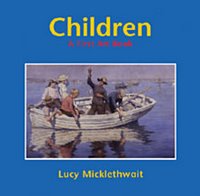
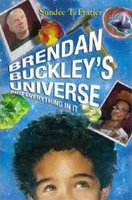
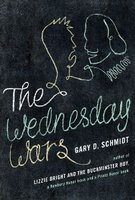

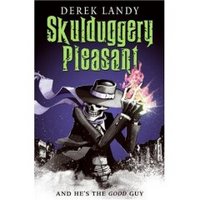
-747505.jpg)
